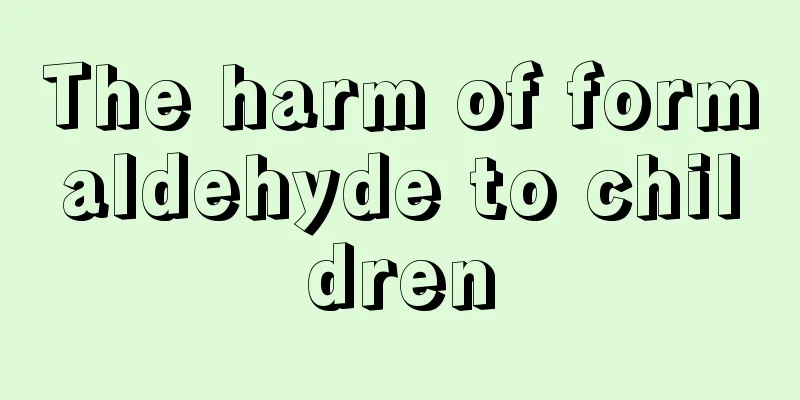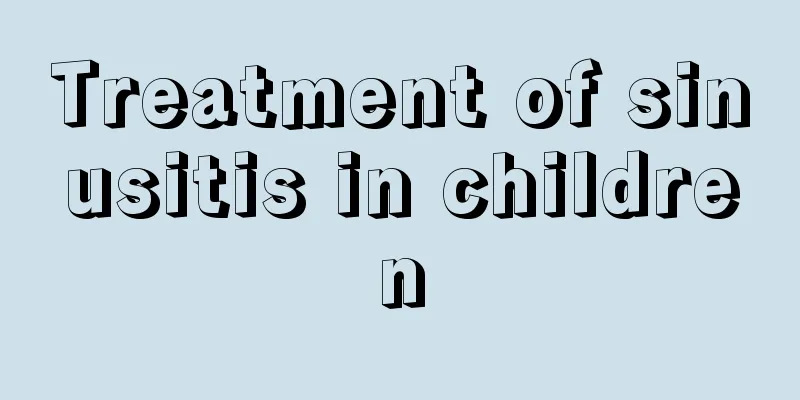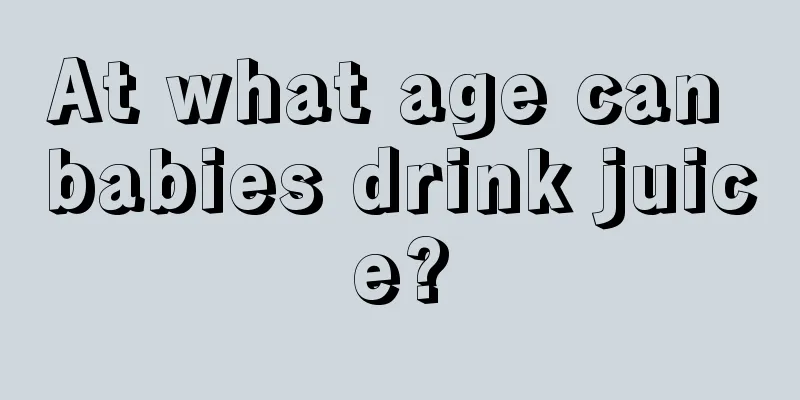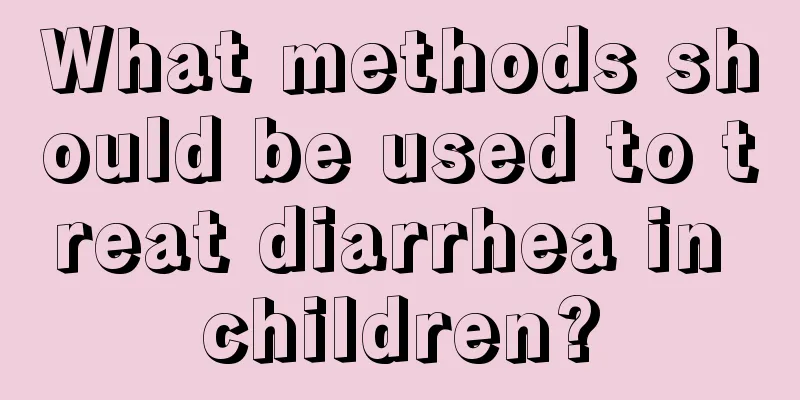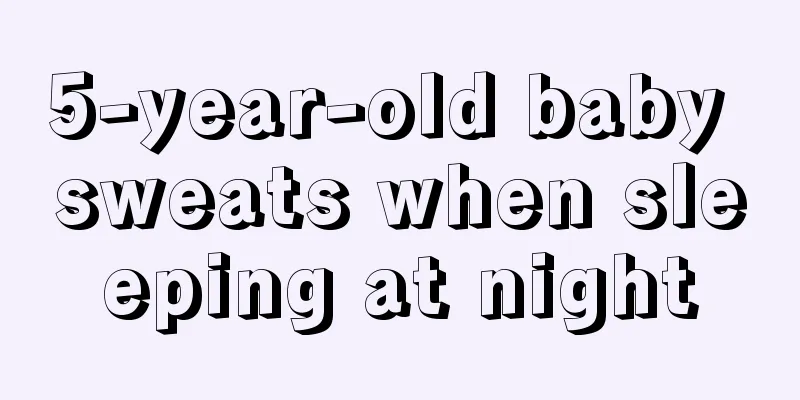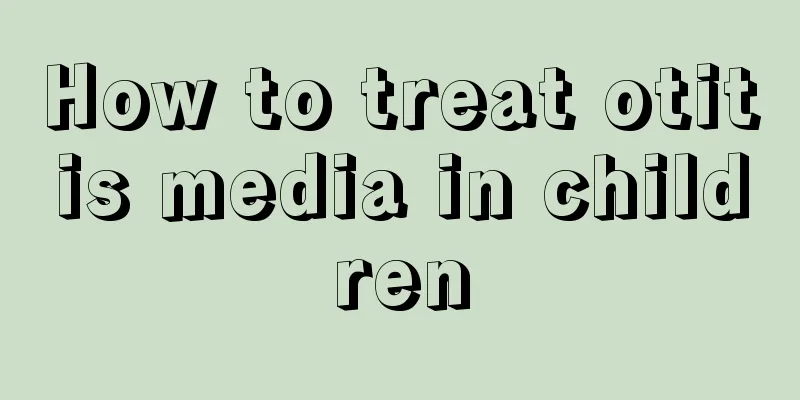Why can't you kiss a baby on the mouth?
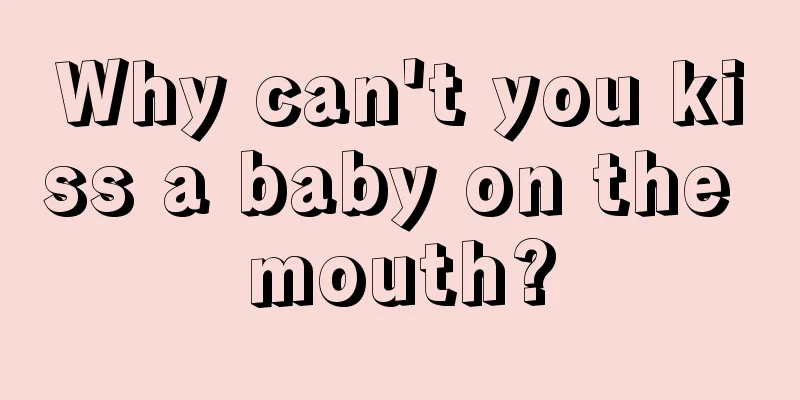
|
Kissing is an expression of love. Many parents like to kiss their children. Some parents also like to kiss their baby's face and mouth, and regard this kiss as a kind of emotional exchange. However, in daily life, doctors often do not recommend kissing the baby's mouth. Everyone knows that the baby's body resistance is usually very poor, and sometimes bacteria can be transmitted to the baby through kissing. Why shouldn't you kiss a baby on the mouth? Infants and young children have relatively poor resistance. When parents kiss their babies, they can easily transmit bacteria and viruses to their babies through the mouth or breathing, increasing the baby's chance of getting sick, especially infectious diseases transmitted through saliva, such as hepatitis A and tuberculosis, which can easily cause harm to babies. The fat pads on babies' cheeks are very plump and their muscle tension is low. If they are often kissed or even twisted by adults, it can easily cause mechanical damage to local tissues, blood vessels and nerves. Another reason is that the baby has a pair of parotid glands on his cheeks that secrete saliva and are connected to the parotid ducts. The baby is young, the parotid gland is not fully developed, the muscle lacks tension, the parotid duct is less elastic, and the muscle at the opening of the duct is thin. If you kiss him frequently, it can easily cause damage to the blood vessels, nerves, parotid glands, and bronchial walls, reduce muscle tension, and make the baby drool or bacteria in the mouth enter the parotid duct, making him prone to infection. No matter how much adults like babies, they should be careful to restrain their behavior and try to reduce or avoid kissing the baby's mouth and face with their mouths, especially in the following situations. When adults have symptoms of herpes such as skin herpes, acute herpes, or keratitis, they must be aware that it is highly contagious and can be easily transmitted to the baby through kissing. Adults should not kiss babies when they have a cold, because many colds are caused by viruses, which mostly parasitize on the nasopharyngeal and upper respiratory tract mucosa. If you kiss the baby at this time, it is easy to transmit bacteria and viruses to the baby. Adults must be careful not to kiss babies after putting on makeup, smoking, or when suffering from diseases such as diarrhea. There are already many related cases, and the consequences are quite serious. Don't take chances. It may be because of a careless action that poses a great threat to your baby's health. Who should not kiss babies? 1. People with blisters on their face If you have several or dozens of rice-sized blisters on your face, corners of your lips, eyes, hands and feet, and they are connected together, and are accompanied by fever or local lymph node enlargement, you should be alert to whether you have been infected with the herpes simplex virus, because the above symptoms are typical manifestations of local viral infection with the herpes simplex virus. "Herpes simplex virus" can be transmitted through kissing and other means. It is not very harmful to adults, but it can be fatal to infants. It is a common viral infection in children, with a high incidence age of 1-4 years old, and the peak incidence in the second year after birth. So, never kiss your baby when you have blisters. 2. People with colds Because babies have weak resistance and poor immunity, they may be infected by the cold virus if they are not careful, and even develop bronchitis, pneumonia, otitis media, or encephalitis, myocarditis, etc. Therefore, parents should pay great attention to the cold virus. Even if they only have mild cold symptoms, such as a mild headache or sore throat, they should avoid intimate behaviors such as kissing each other. 3. People with oral diseases Kissing is direct lip contact. If the mother herself has oral diseases, such as gingivitis, pulpitis, caries, etc., there will be a large number of pathogenic bacteria in the mouth. By kissing the baby, these bacteria will enter the baby's mouth and cause oral diseases or other complications. |
<<: 2 months old baby milk powder
>>: Why don't babies choke on water when swimming?
Recommend
Introduction to the steps of children's makeup
Nowadays, children often participate in many prog...
The child is vomiting a lot, what's going on?
It is very common for children to vomit. For exam...
What should I do if water gets into my child's ears while swimming?
In the hot summer, most people choose swimming to...
How to add complementary food to premature babies? You must understand these skills
If a baby is born prematurely, the baby's phy...
What to do if baby has red pimples on face
There are many reasons that can cause small red p...
What are the symptoms of high blood pressure in children?
People who are overweight and elderly people are ...
How many times should the chickenpox vaccine be given?
Every child needs to be vaccinated with the chick...
Baby's tongue coating fell off
The baby's tongue coating has fallen off, whi...
The fastest way to treat cough in babies
Nowadays, the incidence of severe cough in babies...
What should I do if my child’s legs are scalded by hot water?
Children in life will always suffer varying degre...
Is newborn hearing screening accurate?
Generally speaking, newborn hearing screening is ...
How much milk does a newborn baby eat each time?
From the moment a baby is born, they have to face...
Newborn vomits green liquid
If a newborn vomits green liquid, it may be due t...
What is the child missing if he doesn't have long hair?
After the baby is born, the baby's hair is ve...
What causes leg pain in children?
Every child must experience growing pains when th...
